By Jim Ellis
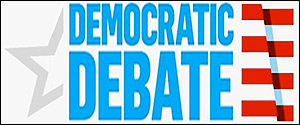 Oct. 1, 2019 — The Democratic National Committee had barely announced the new qualification requirements for the November and December presidential debates when three candidates immediately proved they met the polling requirement and several others reached the halfway point.
Oct. 1, 2019 — The Democratic National Committee had barely announced the new qualification requirements for the November and December presidential debates when three candidates immediately proved they met the polling requirement and several others reached the halfway point.
Not that there was any doubt that former Vice President Joe Biden and Sens. Elizabeth Warren (D-MA) and Bernie Sanders (I-VT) would be in the late year forums, but they have already clinched their podiums.
CNN, one of the sanctioned pollsters that the DNC recognizes for determining candidate support, released two studies in states whose electorates will vote in February. The surveys that SSRS, the CNN regular polling firm partner, conducted tested the electorates in both Nevada and South Carolina.
The new party rules require candidates to now earn three percent support, up from two percent, in four sanctioned surveys either nationally or within the first four voting states, those that party rules allow to hold their nominating event in February (Iowa, New Hampshire, Nevada, South Carolina). Another option allows a candidate to meet the polling requirement if he or she receives five percent in two of the first four voting states.
The CNN/SSRS Nevada poll (Sept. 22-26; 324 likely Nevada Democratic caucus attenders) is sanctioned even though the sample size is small. That being the case, the results find that the three top contenders lie in a statistical tie. Biden and Sen. Sanders each post 22 percent support, while Sen. Warren trails only by four points at 18 percent.
Sen. Kamala Harris (D-CA) is next with five percent, a rather poor showing considering that Nevada is adjacent to her home state of California, but one that would alone give her one-half of the polling qualification requirement. She would need to reach five percent in just one other poll in a First Four state to meet the polling requirement in order to earn a debate podium spot in November and December.

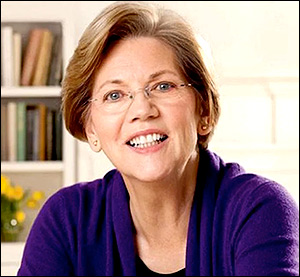
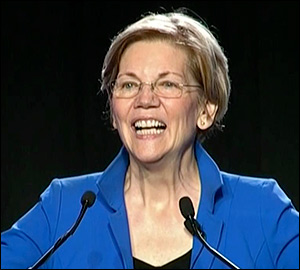
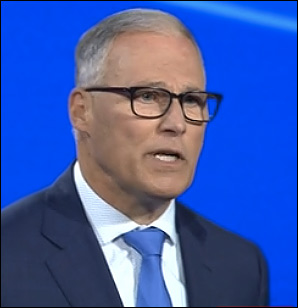
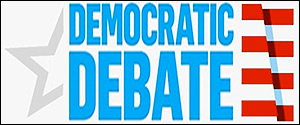 Aug. 16, 2019 — It appears the Democratic National Committee’s move to increase the presidential debate qualifications in order to decrease the number of participants is working.
Aug. 16, 2019 — It appears the Democratic National Committee’s move to increase the presidential debate qualifications in order to decrease the number of participants is working. July 19, 2019 — Two new surveys of the California Democratic electorate show the presidential race tightening in the state that possesses the largest delegation to the Democratic National Convention: 416 first-ballot delegates. To highlight the state’s size within the convention universe and its importance to the nomination process, the next largest state, Texas, has 228 first-ballot delegates.
July 19, 2019 — Two new surveys of the California Democratic electorate show the presidential race tightening in the state that possesses the largest delegation to the Democratic National Convention: 416 first-ballot delegates. To highlight the state’s size within the convention universe and its importance to the nomination process, the next largest state, Texas, has 228 first-ballot delegates.